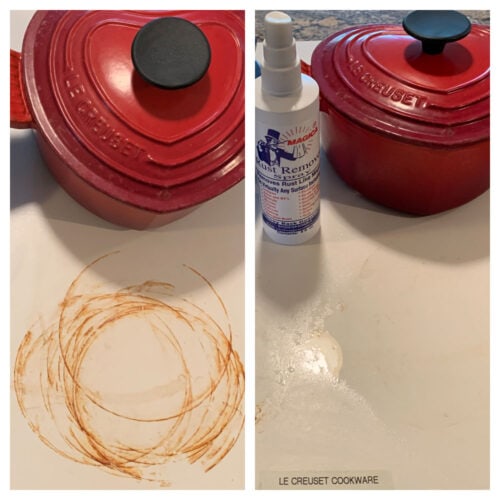How to Remove Rust From a Stainless Steel Grill
Leave a CommentWhen your stainless steel grill becomes covered with rust, after having sat out in the rain or exposed to other forms of moisture, it will need to be cleared of that oxidation before you can use it again. Here are some ways you can go about effectively removing all oxidation from your stainless steel grill.
Use Magica
When you need to remove oxidation from your stainless steel grill or other stainless steel surfaces, there is literally no better product you could use than Magica Rust Remover. This wonderful product was developed after years of research, and it is absolutely the best product available for all kinds of rust removal. Since it contains no harsh acids, it is safe for use on virtually any surface you have around your household.
This product is also used by many professionals when they need to remove oxidation from automobiles, boats, canvas, carpets, upholstery, fiberglass, and vinyl. It’s very easy to apply since it comes in either a spray bottle or in a gel form, and then as soon as it has some time to penetrate through the rust, it can be rinsed away with water, and all traces of rust will be gone.
Homemade Remedies
If you don’t have any Magica Rust Remover on hand, there’s a home remedy that will generally be somewhat effective at cleaning your stainless steel grill. First, add 1/4 cup of dishwashing detergent into 2 gallons of hot water. Use this mixture to scrub your grill with a sponge, and then rinse off with hot water, allowing the grill to dry for two hours. Now you can wipe off any remaining oxidation spots with a rag that has been soaked in club soda. Lastly, use a rag soaked with white vinegar to wipe off your stainless steel surface so as to restore its original shine.
Make Your Grill Good as New
It’s very easy for oxidation or other stains to accumulate on your stainless steel grill, especially if it has been left outside all the time, or if it’s only occasionally cleaned. Your best bet for removing those stains is Magica Rust Remover, which is kind of a miracle product for that purpose. You can contact us directly to purchase however much you need for your rust removal efforts this year. If you don’t have Magica, you can try the home remedy described above.


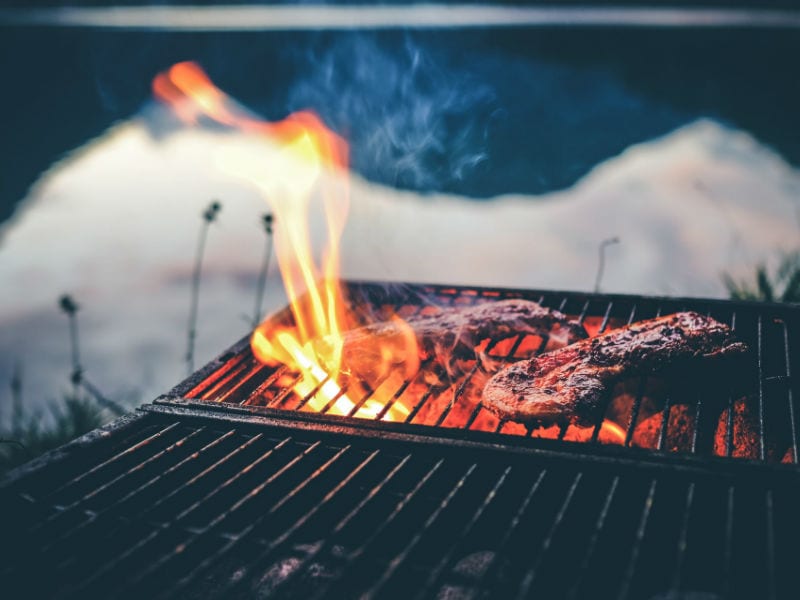
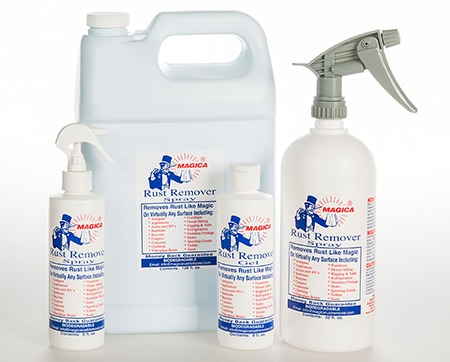
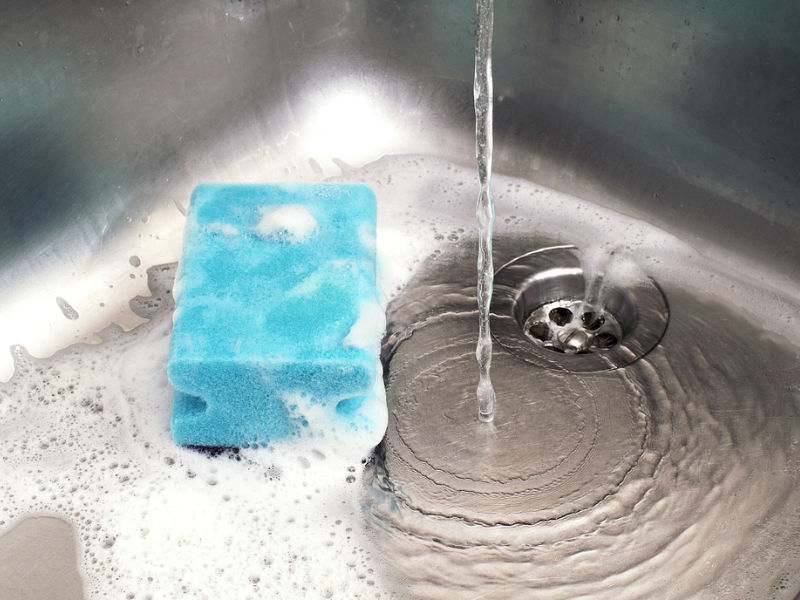
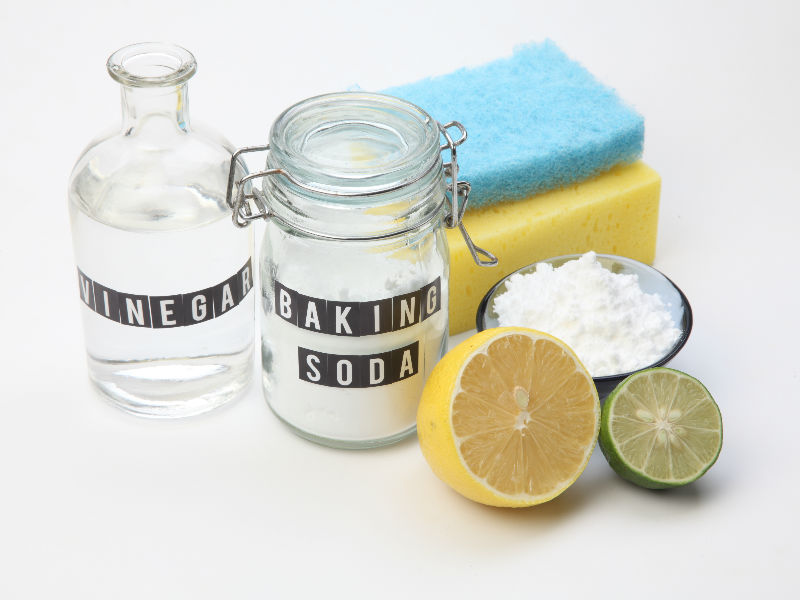
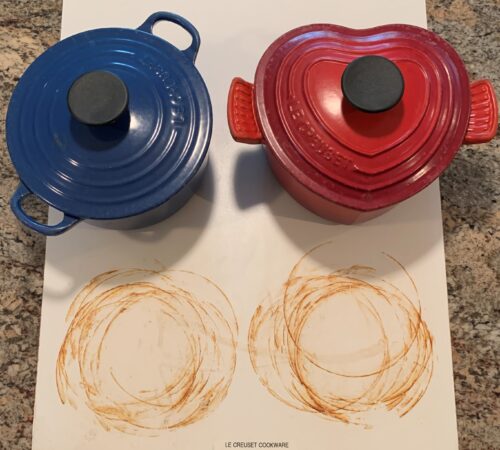 Has your cast iron seen better days? Is your muffin tin looking more orange than silver? Rust can form on many of our metal pans, utensils, tins and cookware, especially if you let them soak in the sink just a little too long. Can you use rusted cookware without getting sick, or are you risking your health until you re-season that cast iron skillet?
Has your cast iron seen better days? Is your muffin tin looking more orange than silver? Rust can form on many of our metal pans, utensils, tins and cookware, especially if you let them soak in the sink just a little too long. Can you use rusted cookware without getting sick, or are you risking your health until you re-season that cast iron skillet?